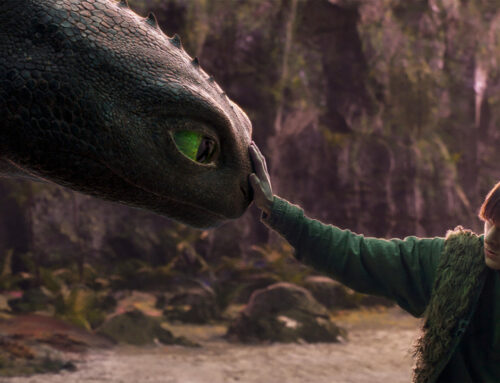Having seen THE IMITATION GAME starring Benedict Cumberbatch, I now consider myself an official Cumbercookie, I mean Cumberbunny, er Cumberbabe– or perhaps, most aptly, because I am of a critical bent, “Cumberbitch.” I am late to this party and thus not alone in Cumberland whose boundaries have been spreading since the actor hit our shores in 2010 on the continuing Masterpiece TV series as the brilliant, biting, and now 21st century supersleuth SHERLOCK!
In THE IMITATION GAME the darling Mr. Cumberbatch stars as real life genius/mathematician/cryptanalyst Alan Turing who was key to cracking the Nazi’s Enigma code during WWII thus shortening the war, but inadvertently allowing a crack in his own own persona, leading to his destruction and demise. You see, Mr. Turing was a bit of an enigma himself—a secret homosexual, an illegal state of being at the time in England, and was eventually convicted of the crime, chemically castrated, which may have precipitated Turing’s suicide at the age of 41.
Cumberbatch co-stars with Keira Knightley, excellent as Joan Clarke, the lone brilliant woman on the team of code breakers operating in top secret right in the middle of London. The movie oversimplifies the historical narrative, minimizing the work done first by Polish mathematicians in laying the template for the British team’s work, and maximizing the breakthrough moment for Turing that lead to the creation of a prototypical computer– the Turing machine that would crack the code.
But the film does a great job of making vivid and pretty understandable the actual thinking of the team, the monotony of their work, the relentless mountain of possibilities they needed to wade through at the beginning of every day before the stroke of midnight when the Nazis would change the settings on their encryption device again, forcing the team to throw out all the previous day’s calculations and start again from the beginning. The film manages to wrest quite a bit of suspense from these sessions and the dynamics of the personalities working in tight quarters. It turns out, that cracking the Enigma Code leads to a maze of international intrigue, a proverbial puzzle wrapped inside a riddle, and nestled within a moral and ethical conundrum.
Simultaneously, the film builds another hidden story—that of Turing’s background as a strange and brilliant young boy with an aptitude for logic and math, a social misfit at school, who develops a deep affection for a fellow student, and his gradual development of a personality designed to keep people at bay thus protecting his real identity, a personality which could at best be called “prickly.”
Cumberbatch plays Alan Turing as a snarky, defensive, and sneeringly arrogant loner who challenges everyone who comes near him, dismissing those who don’t measure up, and awkwardly letting the few who do—like Joan Clarke–tentatively in. Cumberbatch’s eerily askew features make him look worlds apart from his colleagues, and his mellifluous voice conveys vulnerability, penetrating intelligence, and deep hurt all at once. His mechanical attempt to tell a joke in order to bond with his fellow scientists is painfully funny and puts these tensions on full display. Somehow, Cumberbatch makes Turing hateful and endearing all at once; I couldn’t take my eyes off his tragic visage.
Ultimately, Cumberbatch holds this convoluted true tale together and is able to sustain a persona that connects the deeper ironies and cruelties within the “just” world we’d like to think we inhabit. That Queen Elizabeth recently “pardoned” Alan Turing, the man whom Churchill credits most for winning the war, is somehow a calculation without a reckoning. Benedict Cumberbatch in THE IMITATION GAME does Turing some justice.






[…] THE IMITATION GAME: Cumberbitches unite! Don’t miss this enormously interesting film about real-life British cryptanalyst Alan Turing who helped crack the Nazi’s ENIGMA CODE during WWII. Benedict Cumberbatch startles as the prickly, personally enigmatic Turing who had secrets of his own: a secret homosexual, an illegal state of being at the time in England, Turing was eventually convicted of the crime, chemically castrated, which may have precipitated his suicide at the age of 41. The film does a great job of making vivid the actual thinking of the team which lead to the creation of a prototypical computer. Cumberbatch’s eerily askew features make him look worlds apart from his colleagues, and his mellifluous voice conveys vulnerability, penetrating intelligence, and deep hurt all at once; I couldn’t take my eyes off his tragic visage. […]